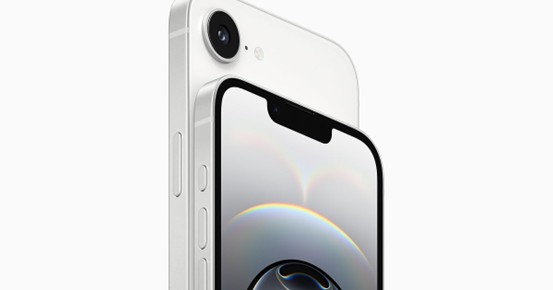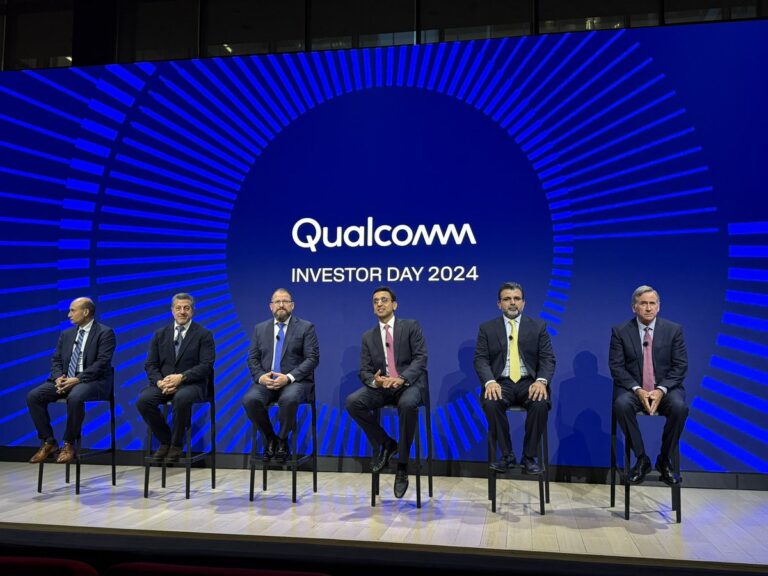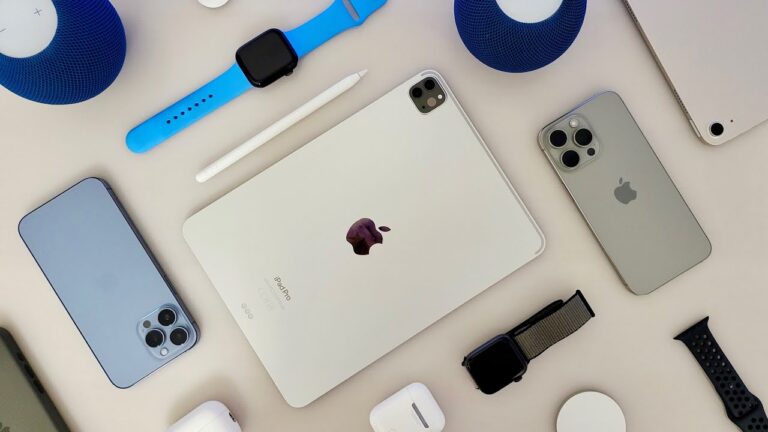Apple’s outrageous demand is damaging to its case.
- Apple’s latest demands for remedy against Samsung are outrageous but it is well within its rights to ask for whatever it wants.
- On January 23rd a hearing was held with regards for remedies that each will be asking for at the new patent trial that is due to begin on March 31st.
- At this trial a damages expert will argue that in reasonable, rational but hypothetical negotiations Samsung would have agreed to pay $40 per unit for 5 patents.
- This is the substance upon which Apple will be presenting its royalty demands to the court.
- The FRAND principle is one thing but this figure looks to me to be Unreasonable, Outrageous and Totally Discriminatory (UOTD).
- During Q4 Samsung shipped 111.2m units with an ASP of $271 per device.
- On these devices Samsung made operating margins of 17% or $46 per device.
- If Samsung’s entire portfolio was found to infringe, then Apple would effectively be demanding all of Samsung’s profits for 5 patents.
- Apple is not targeting the whole portfolio but even if the targeted devices are those at $540 and above, Apple is still asking for something like half of all the profits generated by those devices.
- No company in its right mind would ever agree to this demand and consequently, I think it will be a pretty simple task to destroy the credibility of Apple’s damages expert.
- If the credibility of the expert goes then Apple’s case will be meaningfully weakened.
- To my mind, this is a bad tactic by Apple as it is well within its rights to make UOTD royalty demands as it is not asserting Standard Essential Patents (SEPs).
- This is why Apple’s case is, at the end of the day, stronger than Samsung’s.
- Samsung has historically decided to prosecute SEPs for which it is easier to find infringement but the remedies are much weaker.
- Apple on the other hand, does not have to licence its IP to Samsung and can demand that it excludes its patented technologies from its devices.
- The problem with this is that, in practice, it is very difficult to enforce.
- This is why at the end of the day I suspect that the two parties will settle.
- This case has cost both sides a fortune both in terms of legal fees in wasted management time and effort.
- I am hopeful that both sides will realise that this war is costing them far more than any settlement would and that they will come to an understanding.
- I predicted this would happen in 2013. I am still hoping for something this year.








Blog Comments
Tim Nash
March 13, 2014 at 10:36 pm
The $40 royalty demand is a result of the US federal legal decisions so far. If Judge Koh had agreed to an injunction in the initial case, then Apple would likely have settled for that plus reasonable damages for further infringed patents. As she made it clear that an injunction would not be granted without a causal nexus, which is extremely difficult to prove, Apple is trying another route to stop Samsung from using Apple’s patent portfolio.
As is, Apple gets to try to enforce a maximum of 6 patents per year in the US. So it may as well try to inflict the maximum amount of pain on Samsung from those patents. So far Samsung has had free use of Apple’s patents and until it is forced to pay substantial royalties and/or is subject to an injunction, why should Samsung settle? From Apple’s perspective, each lost iPhone sale costs an average of at least $300, so why should Apple settle for derisory royalties? Apple will keep going after Samsung until the Supreme Court comes to a decision about when an injunction should be granted and Apple wins or loses on those grounds.
windsorr
March 14, 2014 at 12:08 pm
I totally agree with that view. The issue is that trying to make a case for this level of royalties is stupid and bound to result in a loss of credibility. Apple would do much better to simply to refuse to license the patents in the first place as it is perfectly within its rights to do so. The problem is enforcement which you eloquently say is almost impossible. This is why its best for it to settle rather than blindly follow the wishes of a man who has passed on.
Tim Nash
March 14, 2014 at 2:19 pm
Apple wants a ‘no cloning’ provision which Samsung has not been willing to accept, probably because it would reduce the attraction of the Galaxy and Note ranges and therefore significantly cut profits. If Samsung cellphone profits drop this year, because of the pressure from low cost producers in China, India etc., we may see some movement next year.
windsorr
March 17, 2014 at 10:34 am
I thik handset profits will drop this year…the commoditisation squeeze is on
tatilsever
March 14, 2014 at 7:08 pm
The judge effectively did not allow Apple not to license its patents by refusing an injunction, so it had to put a price on them. The lawsuit is only allowed to ask for compensation. I am not sure why you think it hurts its credibility, just because it is asking for a high price. If I sell Photoshop clones at $5 a pop at street corner, I should not be in a position to complain when Adobe starts asking for compensation that exceeds my selling price. If you cannot afford the price of something, don’t use it. You don’t just go ahead and take it just to complain about the price when the seller comes knocking your door.
Your “blindly following” comment is unnecessarily offensive. What makes you think Apple is the one refusing a settlement? It has settled with just about everybody else. No need to mar serious analysis with fanboyish comments.
windsorr
March 17, 2014 at 10:36 am
It hurts credibility because it has left itself wide open to have its expert shot down in flames. When that happens Apple will look more like a profiteering troll than a company with a genuine complaint. It will lose some or all of the sympathy of the court which will hinder its case.
Tatilsever
March 19, 2014 at 6:57 am
I doubt it would be that difficult to credibly say “our customers are paying us hundreds of dollars more because of our UI patents.” Good luck with shooting down that theory in “flames” after showing the jury pictures of pre-2007 smartphones and the post 2008 ones.
Besides, Samsung is free to sue with its own non-FRAND patents on the same playing field and using the same theories, so troll label just does not fit unless you change the definition completely.